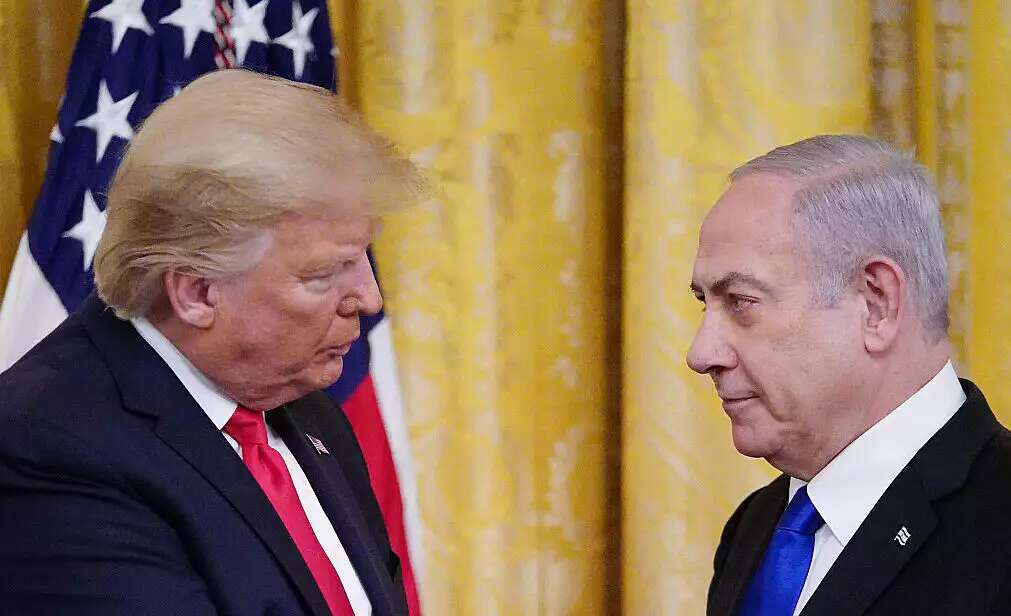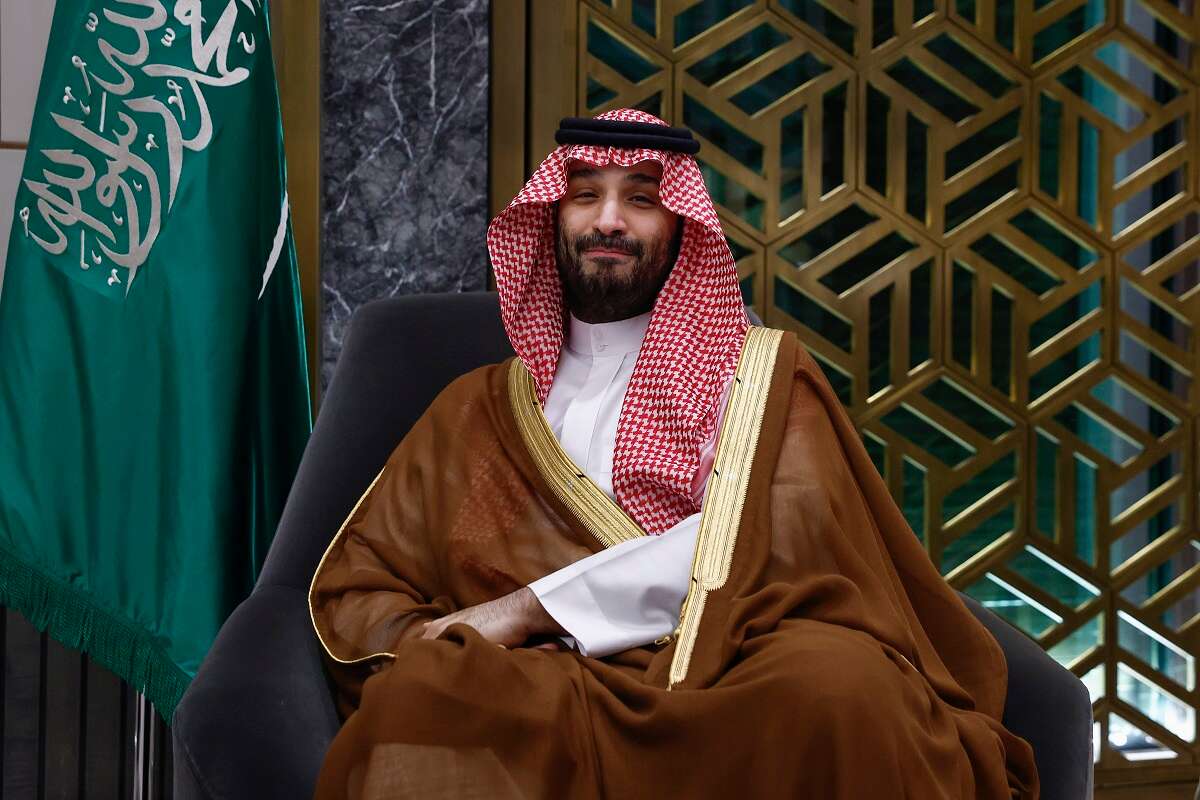In 1958, at the initiative of Israeli diplomat and intelligence official Reuven Shiloah, the foundation was laid for the establishment of the "Alliance of the periphery," which included, alongside Israel, Iran, Turkey, and Ethiopia. This partnership, fully supported, albeit discreetly, by the administration of President Dwight D. Eisenhower, was anchored in the shared regional fear of the subversive activities orchestrated by revolutionary Egypt under President Gamal Abdel Nasser. On a global scale, this concern was accompanied by a deep sense of threat in Washington, which viewed Egypt as a Soviet satellite state intent on challenging the standing of the pro-Western bloc throughout the Middle East.
Although the Iranian and Turkish pillars of this alliance did not withstand the test of time and have long since faded into oblivion, the structure itself can still be regarded as a model. Despite the transformations in global and regional circumstances and the nearly complete shift in the identities of the players involved, it exemplifies a modular framework built on separate bilateral agreements among partners, which also include a strategic security and intelligence cooperation component with their American patron.
Indeed, a similar model encapsulates the regional vision of the 47th president, which could be termed "Alliance of the periphery 2" or an expanded and upgraded version of the Abraham Accords. This vision has guided his approach as he embarks on his second presidential term. In this updated version, Iran has shifted from being a partner in the original Periphery Alliance to a central pillar in the axis of evil, subversion, and terrorism, echoing the radical and revolutionary character of Nasser's regime. Meanwhile, Egypt has long since closed the chapter on its unequal partnership with Moscow and aligned itself with the West. Yet in both cases, a single dominant factor - formerly the Soviet Union, now Russia - has worked to destabilize the balance of power and regional stability.

Regardless, on the eve of the Trump-Netanyahu summit, it is clear that the president's top priority is expanding the Abraham Accords and integrating Saudi Arabia as a central player alongside Israel. Riyadh is expected to serve as the catalyst for the formation and institutionalization of a robust and stabilizing Middle Eastern coalition. With the backing of a protective and supportive American umbrella - both strategically and diplomatically - this partnership is, in the president's view, meant to serve as an effective deterrent against the ongoing threats posed by Iran and its local proxies. These groups, though significantly weakened by the war in Gaza and the seismic shock it created, remain a concern. At the same time, this alliance is expected to generate a wave of massive Saudi investments in American companies, potentially reaching an astonishing one trillion dollars.
This ambition to effect a dramatic regional transformation, one that would bring stability and normalization between Jerusalem and Riyadh while enabling the US to gradually disengage from the region and reduce the risk of military entanglements, could, if realized, provide a clear and tangible expression of Trump's commitment to securing his legacy as a peacemaker. In doing so, it would also pave the way for his highly coveted Nobel Peace Prize. The White House is acutely aware that this summit represents the first serious test of the president's second-term foreign policy, and it is determined to succeed within the first 100 days of his renewed administration.
However, this resolute American approach may soon collide with the different set of priorities held by Prime Minister Netanyahu. There is no doubt that Netanyahu seeks to bring Saudi Arabia out of the shadows and establish an open and formal partnership with Israel. Yet, despite its significance, this goal does not appear to be his primary focus at the moment. Two key concerns seem to take precedence for Netanyahu.
First, he seeks at minimum an American "green light" for an Israeli military strike against Iran's nuclear facilities, given Tehran's current military weakness and vulnerability. Second, he is determined to maintain his governing coalition and prevent the final withdrawal of key political partners essential to its survival.
These priorities could lead to fundamental disagreements between the two leaders, disagreements that may prove impossible to mask or downplay through diplomatic wordplay. Regarding Iran, even if Trump is willing to intensify the sanctions regime he imposed on the Islamic Republic during his first term, his aversion to international conflicts, let alone direct US involvement in them, will likely steer him toward a path of aggressive diplomacy. This approach would involve issuing threats and engaging in saber-rattling rather than direct or indirect military action in the Iranian sphere.
As for Netanyahu's political agenda, his focus on survival will dictate, above all, an avoidance of any explicit reference to the feasibility of a Palestinian state, whether in the short or long term. Additionally, this concern will likely prevent him from advancing or concluding the second phase of the current ceasefire agreement, as formally ending the war would, at least in theory, necessitate dismantling his coalition and heading to elections.
In terms of relative bargaining power, Trump appears to be in a far stronger position than Netanyahu. It is doubtful that the Israeli leader would be willing to openly confront the US president at this early stage of his second term and risk a rupture with such a friendly administration. Trump, for his part, is expected to try bridging the gaps by offering generous incentives and compensatory measures to Israel in exchange for its flexibility. These incentives could primarily take the form of advanced weapons systems with favorable supply conditions, sweeping political support, and possibly even a formalized defense agreement under improved terms for Israel. In any case, Trump's determination to bring the war to an end and secure the release of all hostages held by Hamas appears unshakable, as it is directly tied to his self-defined mission and legacy as a peacemaker.

Ultimately, the question remains: Can the circle be squared? Despite the challenges, this possibility cannot be entirely ruled out. For instance, creative diplomatic phrasing reminiscent of the Camp David Accords and the Israel-Egypt peace treaty could be used to persuade Netanyahu to acknowledge the "legitimate rights of the Palestinian people." However, it remains unclear whether such a statement would be sufficient to achieve normalization with Saudi Arabia without collapsing the Israeli government. Another possibility, one that has been attempted multiple times with little success, would be for Netanyahu to agree to a gradual, multi-phase negotiation process with the Palestinians aimed at establishing a "Palestinian entity" upon completion. However, even this option does not appear particularly promising.
Given these complexities, the only practical way to prevent stagnation or crisis while allowing the president to achieve his goals would be for him to provide Netanyahu with a formal, explicit, and unequivocal commitment to support Israel's decision to resume military operations in Gaza in the event of a "significant violation" of the current framework by Hamas, an assurance that Netanyahu could present to his right-wing coalition partners.
It is to be hoped that following the summit, the situation will become clearer and that it will be determined whether "Alliance of the periphery 2" remains a viable scenario and whether the US-Israel alliance remains strong and resilient. Likewise, it will become evident whether this dramatic summit will be remembered as a success that further enhances the alliance or, despite its grand setting, as an event that failed to resolve fundamental disputes between Washington and Jerusalem.




